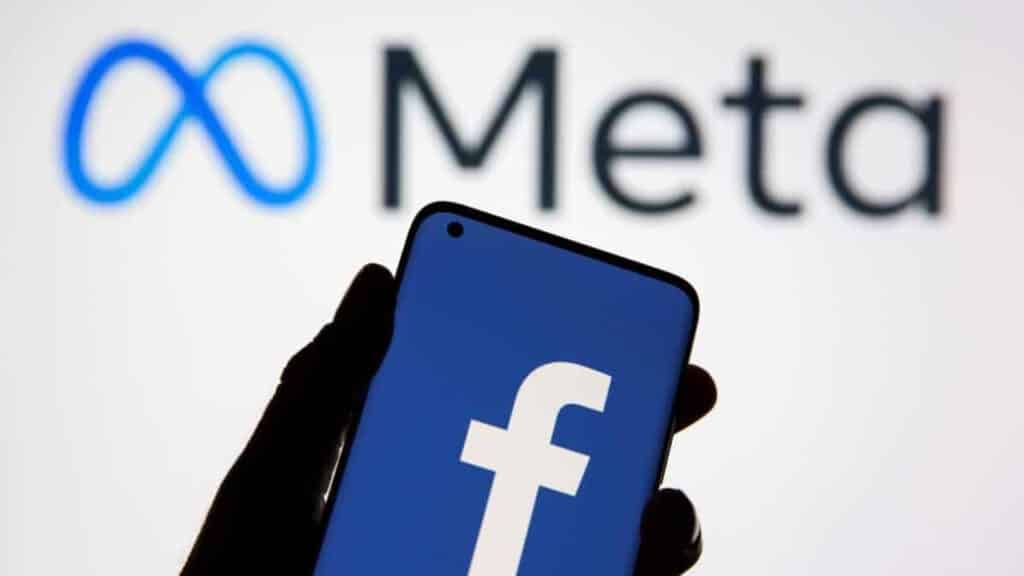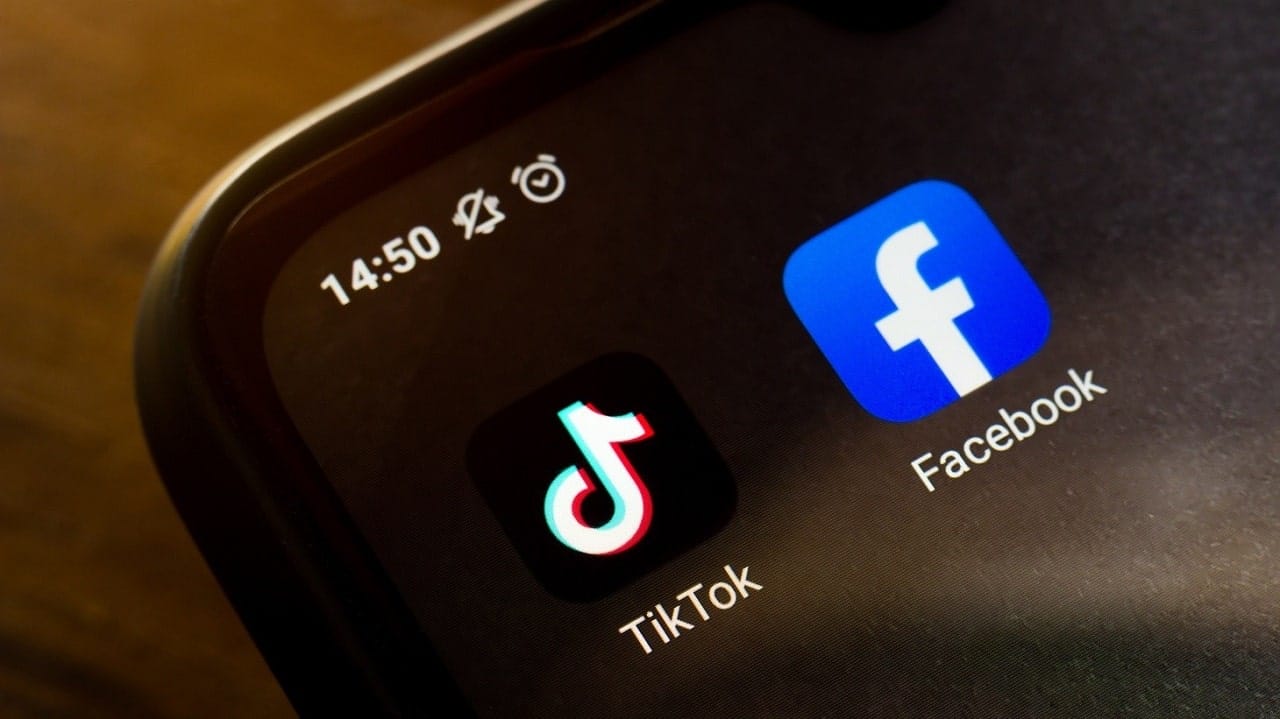The executives of the four largest social networking companies, that is Meta, TikTok, YouTube e Twittertestified before the Senate Homeland Security Committee – Senate Homeland Security Committee – defending their platforms and their recent failures in terms of security, privacy and moderation.
Meta, TikTok, YouTube and Twitter executives are still unclear about security, moderation and privacy efforts

Il Congress has successfully summoned some executives of the most famous and used social networks including Vanessa Pappas, COO di TikToke Chris Cox, executive of Meta. The hearing was called to explore the impact of social media on national security in general and touched on topics ranging from domestic extremism and disinformation to China. The CASSChild Sexual Abuse Material or a system that allows you to scan the photos present in the devices, in order to report the owners of child pornographic content.
The chairman of the committee, the senator Gary Petersasked each company to disclose the number of employees who worked full-time in the security field. However, each company refused to answer precisely. Nevertheless, all were aware of the question before the hearing. Jay SullivanGeneral Manager of Consumer and Revenue di Twitterhe said, however, that the company has 2,200 people working on security “on Twitter”, although it is unclear whether those employees also perform other duties.
Executives indicated the total number of workers working in the field of safety, (trust and safety), but none made the significant distinction between moderators with external contracts and employees who work full-time on these matters.
It is no secret that the moderation of social media either irregular and little present especially because these companies refuse to invest properly in the teams that protect users. “We’ve been trying to get this information for a long time,” Peters said. “This is why we are so frustrated.”
Moderation of non-English language content is more than weak
The senator Alex Padilla then shifted the focus on content moderation, questioning Chris Cox, Meta’s Chief Product Officer, on security efforts outside the English language. “In his testimony he claims to have over 40,000 people working on trust and security issues. How many of these people focus on non-English content and how many of them focus on non-US users? ” Padilla asked.
Cox did not provide any answers, and the same was done by the other three companies when they were asked the same question. This is a very important issue as warnings have been raised several times regarding the inadequate moderation of non-English language content. A problem that, however, is not properly taken into consideration by the companies in question, due to bias regarding the English language.
In another hearing, former Twitter security officer and now whistleblower Peiter “Mudge” Zatko revealed that half of the content marked as to be reviewed is in a language that the company does not support. Even the Facebook reporting, Frances Haugen, has repeatedly called attention to the same problem, noting that the company dedicates 87% of its disinformation spending to moderation of the English language. But only 9% of the platform’s users speak English.
TikTok allegedly denied the majority of the allegations regarding user privacy
Also Dad’s, of TikTok, in front of Congress avoided answering many questions, evading simple questions or offering partial answers. She would have even refused to admit the documented TikTok connections with China. When Senator Rob Portman asked Pappas where TikTok’s Chinese parent company is based, ByteDancehe awkwardly avoided the question by stating that the company is distributed and has no headquarters at all.
Pappas, under oath, would also flatly deny BuzzFeed reports that China-based ByteDance employees regularly accessed private data on US TikTok users, although that report is taken from leaked audio.
The senator Josh Hawley he also deepened TikTok’s relationship with the Chinese government. “Are there any Chinese Communist Party members employed by TikTok or ByteDance, or not?” Hawley asked. Pappas avoided answering directly, but in the end the answer was that no one who makes “strategic decisions” in the company has ties to the Chinese government.
In short, it seems impossible that in the short future something could change from the point of view of the privacy, security and moderation of these platforms. Companies continue to evade the toughest questions and, at this rate, it will be really difficult to shed some light on the matter.















Leave a Reply
View Comments